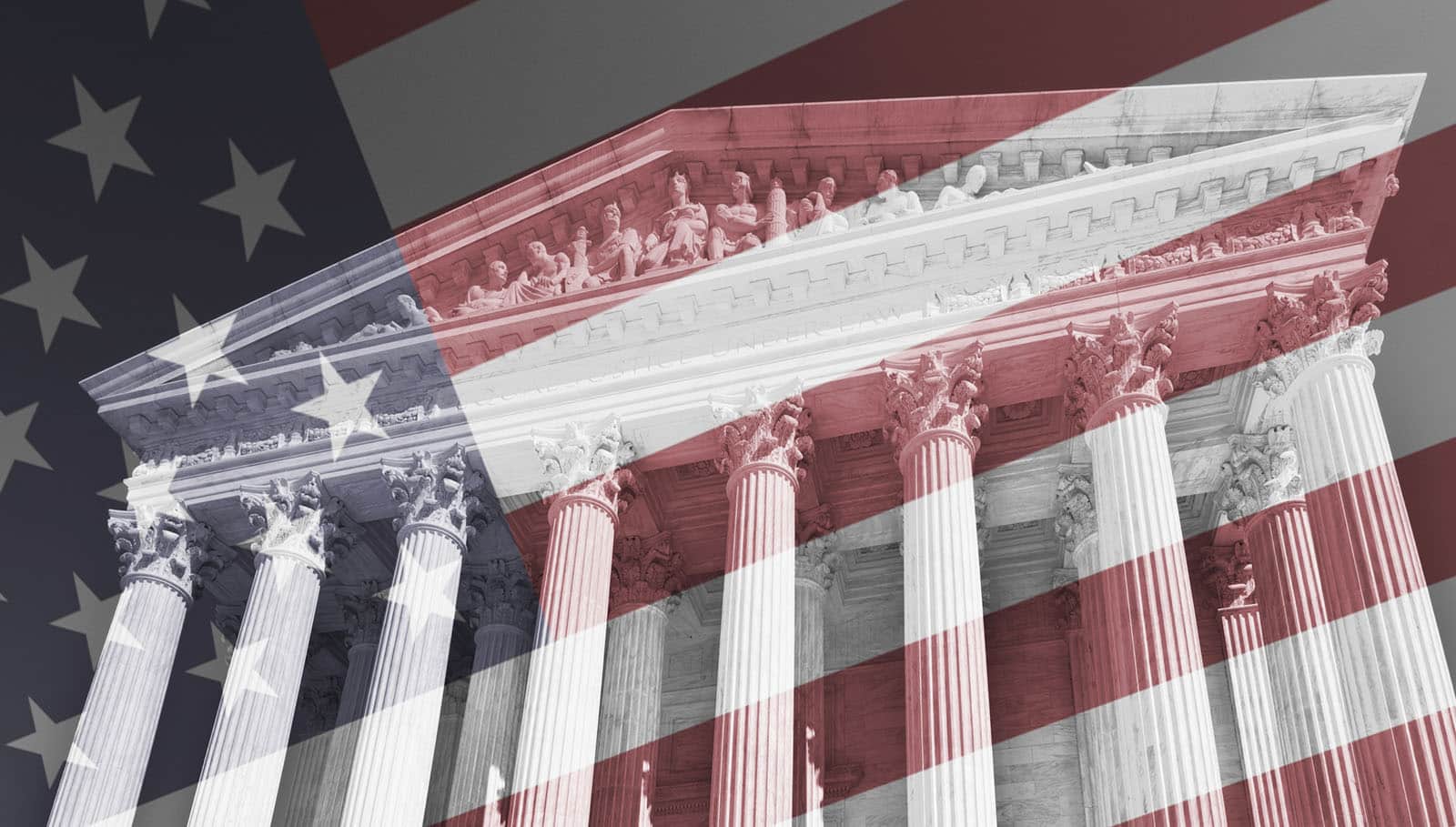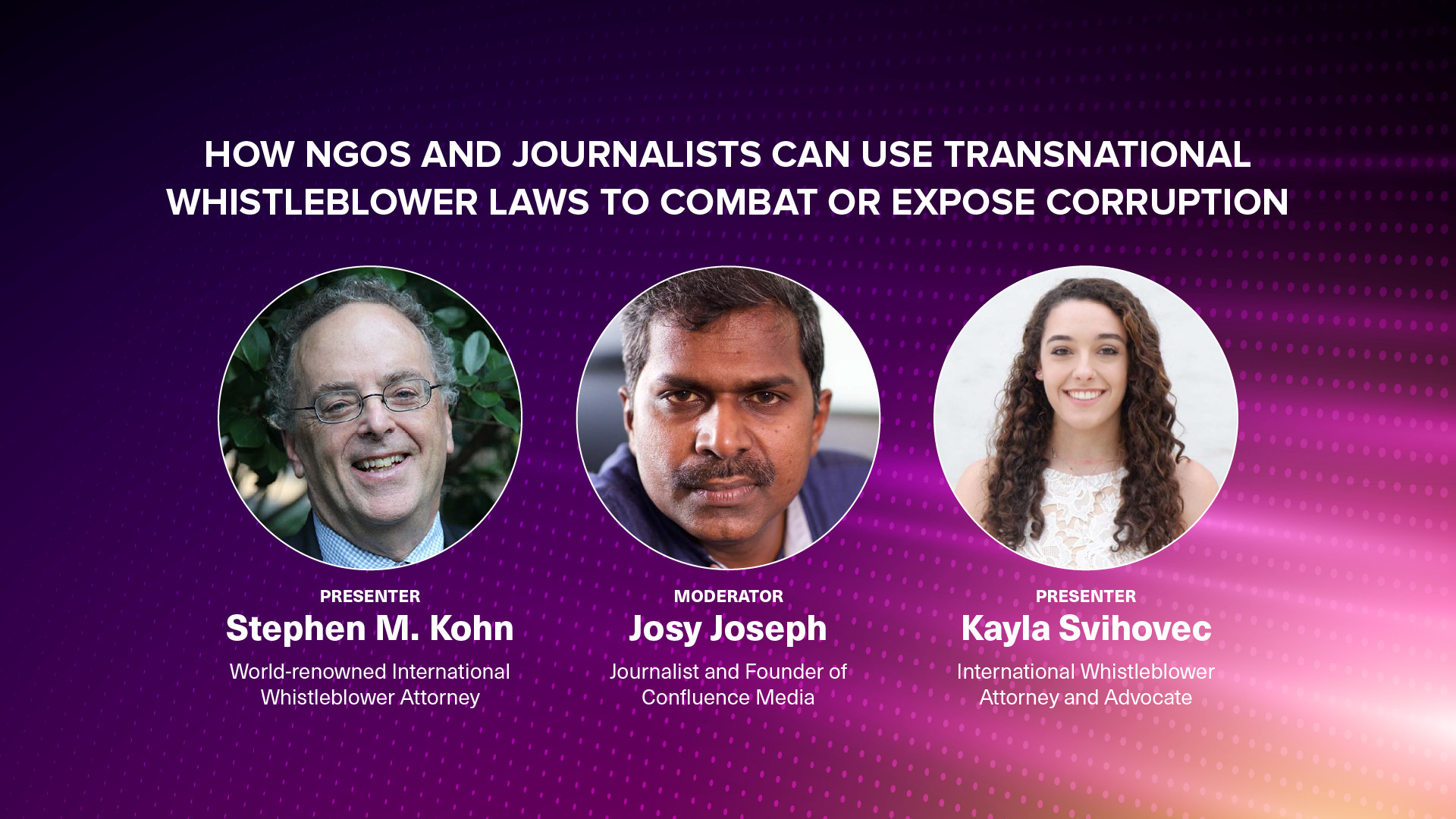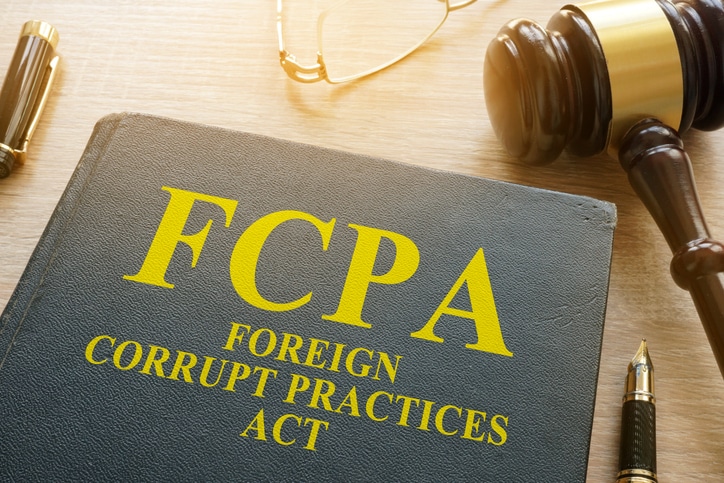Understanding Bribery in Politics: Types and Examples
Bribery in politics occurs when an individual or corporation offers gifts, cash, or other benefits to political officials in exchange for favorable treatment. Whistleblowers who report instances of bribery can receive substantial awards, making them essential in combating this illegal activity.
June 13, 2025

This information is provided for educational purposes only by Kohn, Kohn & Colapinto and does not constitute legal advice. No attorney-client relationship is created by accessing this content. Laws and regulations may change, and this material may not reflect the most current legal developments. If you believe you have a whistleblower claim, consult a qualified attorney to discuss your specific circumstances.
Bribery in politics occurs when an individual or corporation engages in an act of offering gifts, cash, contributions to political parties, or other promises of value to a political official, to gain a business advantage or special treatment.
Bribery generally benefits the briber, in that it may allow them to secure a government contract, avoiding regulation, or conduct business outside the proper business parameters.
This creates an unfair advantage to other market participants who must face normal bidding processes, competitive pressures, and legal requirements, while those who do the bribing get to circumvent these factors to grow their business operation – and their profits.
Bribery is illegal, and if the bribery involves a U.S. citizen or publicly traded company, can result in massive penalties under various U.S. laws, mainly the Foreign Corrupt Practices Act (FCPA). Other whistleblower programs include the Anti-Money Laundering Whistleblower Program and the False Claims Act and its qui tam provision.
It’s important to note that bribery is often subtle and difficult to detect. Thus, whistleblowers are critical to exposing such cases. Those who report foreign bribery may be eligible to receive protection and an award between 15% and 30% of the sanctions under the FCPA.
Continue reading to learn more about bribery and politics, such as the types and examples, as well as how whistleblowers can use the FCPA and other laws to bring fairness and compliance to the companies who believe they are invulnerable to the consequences of such shady dealings.
Bribery in Politics: Digging Deeper
A ‘person’ offering or promising anything of value to a foreign public official to earn an improper advantage is engaged in bribery. Anything of value means cash, crypto, gifts, travel, entertainment, etc.
This does not include anything of nominal value such as cab fares, reasonable meals and entertainment, and company promotional items. Rather, it can be somewhat extravagant such as sports cars, fur coats, and other luxury items or sporting events, personal bills, club memberships, cruises, tuition, and luxury services.
In the U.S., cases involving publicly traded companies or persons engaged in political bribery, such as directors, employees, officers, stockholders, and agents, can be penalized and fined under the Foreign Corrupt Practices Act (FCPA).
The law also requires corporations that trade on U.S. stock exchanges to have strong internal controls, prohibiting off-the-books accounting and mandating asset record keeping. Failure to do so is also a violation of the FCPA.
Why Do Corporations and Politicians Engage in Bribery?
There are many reasons why corporations engage in bribing politicians, and it’s mainly to obtain an unfair business advantage, such as conducting business without oversight of the government and regulation, which can result in significant financial gain for themselves or their associates.
The bribery may also assist a corporation with:
- Corruptly manipulating markets in oil, minerals, and/or other commodities
- Obtain or retain government contracts
- Secure favorable tax treatment
- Reduce or eliminate customs duties
- Prevent competitors from entering the market
- Circumvent a licensing or permit requirement
- Earn false certification
- Launder money
It’s important to note that some corporations engage in bribery because there is simply a lack of detection and enforcement, especially in highly corrupt countries. It may also be deeply embedded in the culture and widely accepted, such as in Mexico, Venezuela, or Brazil.
For a politician, bribes can help financially support their political campaigns, helping them gain greater political power. In return, they help write legislation that benefits the company doing the bribing, or their industry.
Bribery is illegal and highly unethical and can lead to criminal or civil fines up into the millions of dollars, and even imprisonment.
Types of Bribes in Politics
We discussed the rationale behind bribery in politics. Now we shall discuss the various methods of bribery that occurs, which can vary from country to country. But as we mentioned above, it generally involves something of value in exchange for a favorable action. Below are the most common forms of bribes that are used when involving politicians:
- Cash – this is the most common form of bribery, and the most straightforward. It is the offering of money to a political official;
- Gifts – this may include sports cars, vacations, jewelry, or other luxury items of value. This can also include high-end services, entertainment, and treatment;
- Favors – a corporation may financially contribute to a politicians’ campaign, which can help them gain more political power;
- Kickbacks – kickbacks involves a corporation promising to pay a portion of a contract to the politician if this official awards it to them;
- Promises – politicians may promise a position of power to a family member or associate of an individual who is offering a bribe.
There are many other creative forms of bribery, which are more subtle and exploit legal loopholes. This may include excessive consulting fees, gifts to family members, educational expenses, or providing massive loans under favorable terms.
Reporting Bribery in Politics
Whistleblowers who have information of a bribe being paid to a politician and who are considering blowing the whistle should avoid internal hotlines.
These hotlines are almost always put in place to benefit the corporation and not the whistleblower. There is a long history of whistleblowers experiencing retaliation after reporting their concerns to such hotlines.
The Foreign Corrupt Practices Act (FCPA) is one of the most powerful transnational anti-bribery laws that exists. The program is designed to incentivize individuals to come forward if they have information regarding a violation of the FCPA.
How are whistleblowers incentivized?
Any U.S citizen who provide the Securities and Exchange Commission (SEC) or the Department of Justice (DOJ) with information regarding a bribe that involves a publicly traded company, and a political official may be eligible for protection and an award between 10% and 30% of the sanctions imposed on the individual or corporation engaged in bribery.
However, to qualify for an award, the following must be met:
- Provide original information to the DOJ or SEC that is not already known to the agency;
- The information must be material to a successful enforcement action;
- The enforcement action must result in a monetary sanction of $1 million or more.
There are many other factors the SEC considers when deciding whether to pay an award. This may include the quality of information provided, the scale of the bribery taking place, the whistleblower’s role and their risk, as well as their level of cooperation in an investigation.
These are just a few. And awards vary from case to case. If you know of a bribe taking place, it’s important to consult with an attorney who specializes in foreign corruption and related matters to discuss your options. This is often the best first step in putting an end to corruption.
Just keep in mind, if you’d like to file an anonymous complaint, you must be represented by a U.S. licensed attorney. Not only will this attorney have legal expertise and protect your identity, but they can also protect you against retaliation and maximize your award amount through solid negotiation, and even get you reinstated.
Other Laws to Consider
Political bribery cases may also involve other criminal activity. This might include money laundering or U.S. government contract fraud, especially during times of rebuilding after a war or natural disaster. Whistleblowers may use multiple U.S. laws in such cases and receive an award under those programs. Below are some of the other whistleblower programs available to whistleblowers, which are very important to consider:
Anti-Money Laundering Program
This program was designed to incentivize whistleblowers to report violations of Bank Secrecy Act (BSA), one of the main anti-money laundering laws.
Under the AML whistleblower program, whistleblowers who provide the U.S. Department of Treasury with information regarding violations of the Bank Secrecy Act (BSA) may receive an award of up to 30% of monetary sanctions obtained from a successful investigation.
Violations may include a failure to file required repots, such as Currency Transaction Reports, Suspicious Activity Reports (SAR), and other recordkeeping violations. However, money laundering is a major violation of the BSA, which often happens when political bribery is involved.
Anonymous filing is permitted under this law. However, a U.S. attorney is also required. We suggest reading our FAQ Anti-Money Laundering and Sanctions Whistleblower Program to learn more about this program.
The False Claims Act: Qui Tam
The False Claims Act (FCA) law allows private individuals, known as qui tam relators, to bring a qui tam lawsuit on behalf of the U.S. government if they suspect someone is defrauding the United States.
The FCA is generally a domestic law that covers government contract fraud occurring within the U.S., but it can extend to fraudulent claims involving foreign contracts – and especially in connection with existing FCPA violations.
There are also awards under qui tam as well, which is between 15 and 30 percent of the government’s recovery. The percentage amount varies depending on the information provided, the role of the whistleblower, and complexity of the case.
These are just two of the major laws available that are often seen in cases involving foreign entities. If you have information about the laws that could apply to your information, we suggest getting in touch with one of our attorneys for a free consultation.
Conclusion
Bribery in politics is a subtle and concealed practices, which tears at the fabric of democracy and destroys trust in public intuitions and services. It’s the illegal practice of exchanging something of value to a political official for preferred treatment. This is most often done by corporations looking to gain an advantage or “upper hand” within their industry or market.
The FCPA is the most powerful to combat corruption involving U.S. entities and foreign officials, but it’s not the only legal tool available.
Other laws exist, such as the Anti-Money Whistleblower Program, which combats money laundering, and the False Claims Act, which allows whistleblowers to sue on behalf of the U.S. government. All these laws offer awards, which have varying percentages, and with the amounts depending on a wide range of factors.
Ultimately, it’s up to each enforcement entity to decide the reward percentages, which is why it’s crucial for a whistleblower to hire a whistleblower attorney to help you negotiate and help maintain your anonymity and confidentiality.
The prevention of bribery in politics takes a lot of legal expertise and strong enforcement. However, by understanding how bribery functions, the motivations behind it, and improved transnational support, whistleblowers can contribute to a more transparent and fair political landscape.
Seek Legal Assistance
At Kohn, Kohn & Colapinto, we have been navigating the legal landscape for over 35 years, defending and advocating for whistleblower rights and protection. If you have been a witness to foreign corruption such as bribery, please contact us for a confidential consultation to discuss your options.
Our Firm’s Cases

$300 Million in Sanctions and Fines
Our firm and Athens-based Greek law firm of Pavlos K. Sarakis & Associates jointly represented Greek whistleblowers who proved that the multinational Swiss-based pharmaceutical company Novartis paid millions in bribes to illegally market drugs in violation of the FCPA. Novartis was required to pay $300 million in sanctions and fines.

$70 Million in Rewards
With an unwavering commitment to our clients who expose foreign corruption, we have been instrumental in obtaining over $70 million in rewards for multiple non-U.S. citizen whistleblowers across Europe, Asia, and Latin America.





